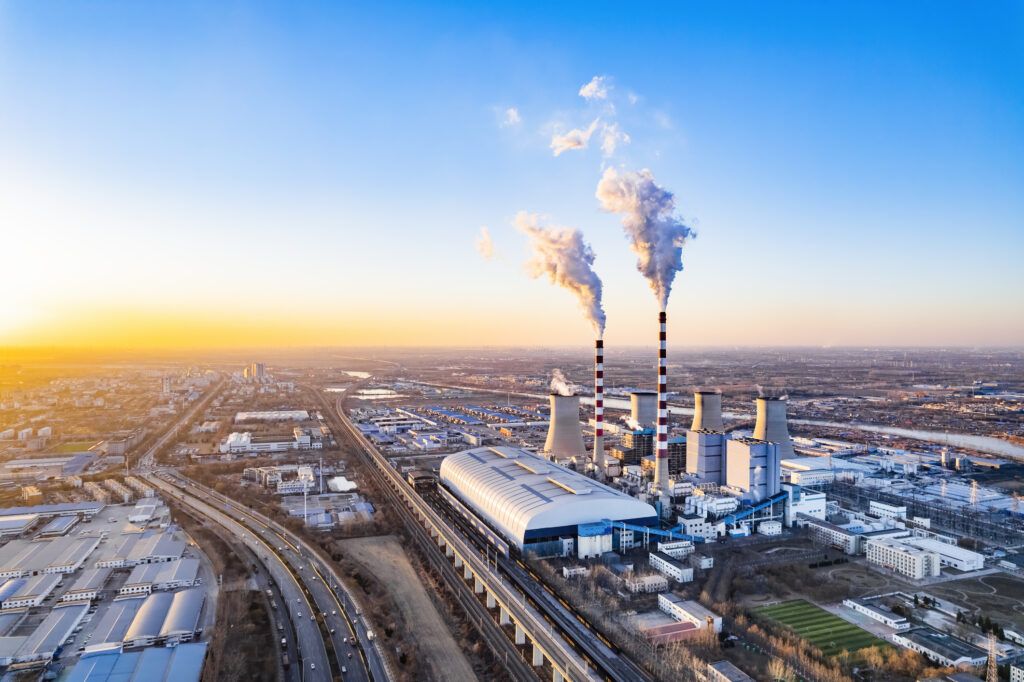With less than four months remaining before the nations of the world are scheduled to sign a landmark climate change protocol in Kyoto, Japan, the supposed “consensus” among scientists about the nature and seriousness of the problem is steadily eroding.
Only a few weeks ago, Clinton administration officials, led by Undersecretary of State Timothy Wirth, were confidently proclaiming that the issue of global warming had been “settled,” and that there was “consensus” in the scientific community that urgent measures to combat the threat needed to be taken. But now it seems that many scientists, even those long identified with the theory that man-made greenhouse gases are contributing to a dangerous warming of the planet, are having grave second thoughts.
Indeed, as negotiators continue to haggle over language that would require nations to limit emissions of man-made greenhouse gases, Richard Kerr reports in the May 16 issue of Science that “many climate experts caution that it is not at all clear yet that human activities have begun to warm the plant–or how bad greenhouse warming will be when it arrives.”
A much-quoted sentence in the official summary statement of the UN-sponsored Intergovernmental Panel on Climate Change (IPCC) states that “. . . the balance of evidence suggests that there is a discernible human influence on global climate.” However, extensive interviews carried out by Kerr with leading climate experts reveal growing skepticism over just how much scientists really know. Kerr quotes Benjamin Santer, one of the IPCC report’s lead authors, as saying: “It’s unfortunate that many people read the media hype before they read the [IPCC] chapter” on the detection of greenhouse warming. “I think the caveats are there. We say quite clearly that few scientists would say the attribution issue was a done deal.”
Kerr’s search for the vaunted “consensus” on global warming uncovered additional doubts among scientists about the adequacy of climate models as a reliable predictor of rising or falling temperatures. “Global warming is definitely a threat as greenhouse-gas levels increase,” Science quotes climate modeler David Rind of NASA’s Goddard Institute of Space Studies, “but I myself am not convinced we have [gained] greater confidence.”
On the whole, climate modelers are a decidedly more modest lot than they were just a few years ago. Having seen their models’ predictions of rising temperatures not confirmed by actual readings, they are beginning to appreciate how such variables as aerosols and cloud cover can bedevil the most sophisticated computers. Kerr spoke with one senior climate modeler who preferred his name not be used. Summarizing the doubts many climate modelers are beginning to voice, the humbled scientist said, “The more you learn, the more you understand that you don’t understand very much.”
PF: For more information on the weakening scientific consensus on global warming, call PolicyFax and request document # 2329708, “The Treat is Over,” World Climate Report, June 19, 1997, 2 pages; and #2329709 Comments on “Open Letter to Ben Santer,” Bulletin of the American Meteorological Society, 1997, 2 pages.



